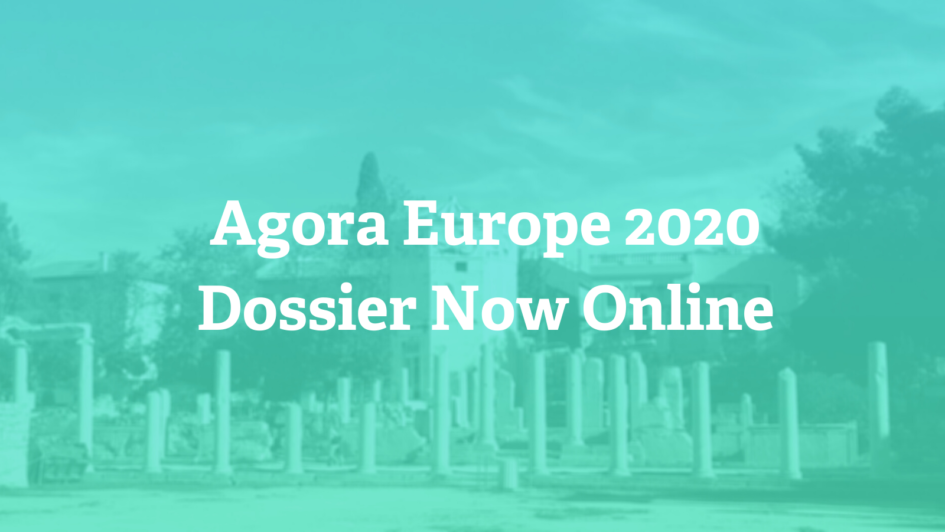We are proud to present the online dossier featuring articles created by journalists from Eastern and Southern Europe who received emergency funding and capacity-building through the Agora Europe 2020 program in response to the COVID-19 pandemic.
Here’s a look at some of the articles:
LGBTI rights in Poland – As Poland’s women’s movement celebrates a tentative victory, LGBTI activists are still fighting the ruling PiS’s party’s culture war.
Locked down in violence – A reportage from Italy highlights how states have failed to protect victims of domestic abuse in a surge of violence during the pandemic.
The little white hope – The residents of abandoned hamlets in Southern Bulgaria survive isolation thanks to their own self-sufficiency – and a man and his van.
You can explore all of the articles from the dossier at this link. Additional articles will be added to the dossier on an ongoing basis.
Background
As the Coronavirus swept around the world in early-2020, many countries – including Hungary and Russia – enacted measures purportedly to stop misinformation about COVID-19, but that were actually used to crack down on journalists critical of the government. The pandemic had negative economic effects on journalists as well, as newsrooms cut staff and limited contracts with freelancers.
In the face of the existential threat that the COVID-19 pandemic posed to journalists – to freelancers, in particular – Hostwriter decided to launch a solidarity program early in 2020.
With support from the European Cultural Foundation, we announced the Emergency Fund for Freelance Journalists in Eastern and Southern Europe. We put out a call for applications for a two-part program to provide emergency funding to 20 journalists from countries in those regions and to additionally support them with digital capacity-building activities, mentoring and opportunities to connect with journalists through the Hostwriter network.
Journalists were grouped into teams based on common topics they pitched in their applications, such as the pandemic’s effects on migrants, or domestic violence in the time of COVID-19. They were encouraged to work together on stories, or to rely on their fellow teammates for advice and feedback – especially to be their “eyes and ears” in other countries regarding their chosen subject.
During the course of the program, managed by Bernadette Geyer, Hostwriter’s Head of Communications, we held online video trainings on the subject of Cross-Border Journalism and offered connections to resources based on skills journalists stated they needed in their applications. Hostwriter’s Tina Lee served provided editorial support to the participants.
What we learned
When we shared our call for applications to the program, we asked journalists in Southern and Eastern Europe how the Coronavirus pandemic had impacted their professional lives. A total of 131 journalists submitted their responses between 26 May and 22 June 2020.
What we learned was alarming: 92.4% of the applicants marked “Yes” to the question of whether they faced a loss of income. Almost a third (31.3%) said that the current situation caused them to consider leaving the journalism profession.
As freelancers, many applicants cited that they lost story assignments due to the Coronavirus and that many media outlets suspended assignments that were already in progress. When applicants were asked what would help them the most in their situation, “Assignments” (40.5%) and “Funds” (38.9%) were by far the top responses.
We hope that Hostwriter’s emergency funding could make a small contribution to keeping talented journalists in Eastern and Southern Europe in the news business. We are grateful for the opportunity to work with fine journalists over the past several months. We invite you to read all the articles from the Agora Europe 2020 program on the online dossier.

